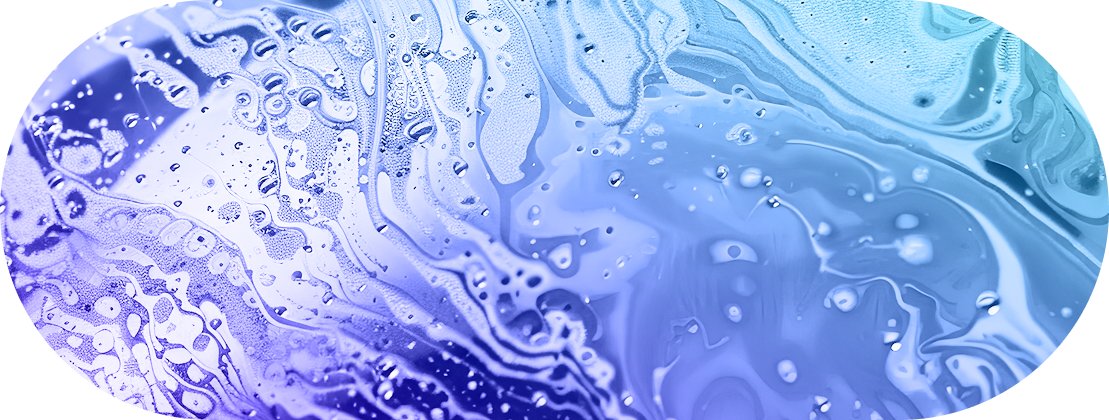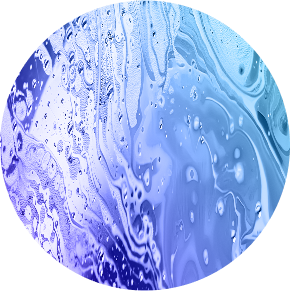Hypochlorous acid has many uses but there are different regulations in different countries. In the UK it is widely used as a hard and soft surface disinfectant, either in a spray and wipe format or via a fogging machine. It is used in pet care products and also in cosmetics and medical deivces. Hypochlorous is also a very effective deodoriser and can be used in food preparation and food eating areas with no concerns.
Our hypochlorous acid has been approved as part of the EU Biocidal Products Regulation (BPR, Regulation (EU) 528/2012) for uses PT1-5:
PT1: Human hygiene.
Products in this group are biocidal products used for human hygiene purposes, applied on or in contact with human skin or scalps for the primary purpose of disinfecting the skin or scalp.
*PT1 is currently not authorised in the UK.
PT2: Disinfectants and algaecides not intended for direct application to humans or animals.
Used for the disinfection of surfaces, materials, equipment and furniture which are not used for direct contact with food or feeding stuffs.
PT3: Veterinary hygiene.
Used for veterinary hygiene purposes such as disinfectants, disinfecting soaps, oral or corporal hygiene products or with anti-microbial function. Used to disinfect the materials and surfaces associated with the housing or transportation of animals.
PT4: Food and feed area.
Used for the disinfection of equipment, containers, consumption utensils, surfaces or pipework associated with the production, transport, storage or consumption of food or feed (including drinking water) for humans and animals.
PT5: Drinking water.
Used for the disinfection of drinking water for both humans and animals.

